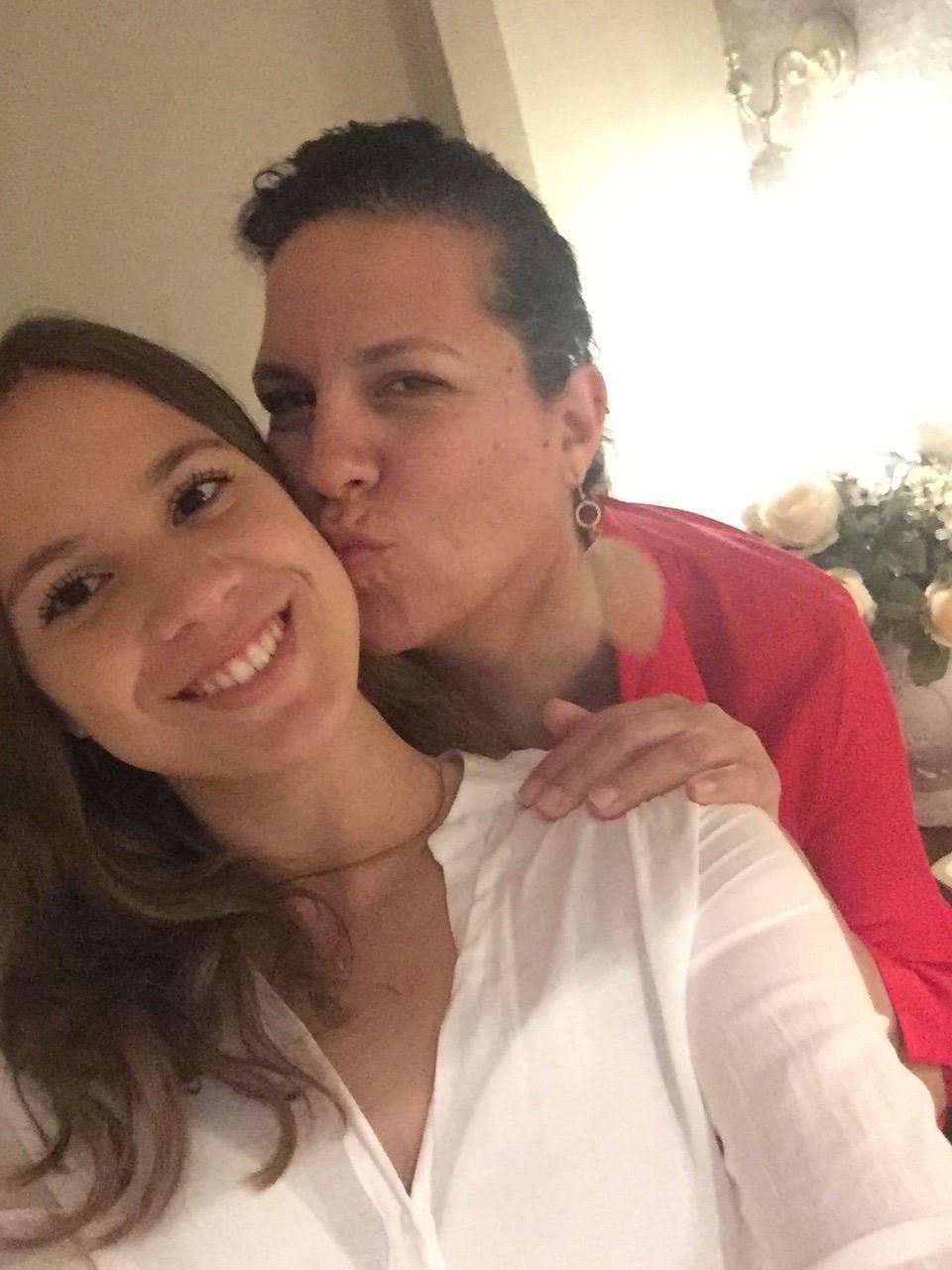If you ask any mother about her worst nightmare, she would answer without hesitation – losing her child. For 54-year-old Sigal Khalifa, this nightmare became a reality. She is still searching for closure after the murder of her daughter, Gaya Khalifa, 24. Over a year has passed, yet Sigal remains desperate for answers about what truly happened on that fateful morning when Gaya left for the Nova Music Festival.
The festival, held at Kibbutz Re’im after a three-year hiatus due to the COVID-19 pandemic, was the first site to be attacked by Hamas terrorists on October 7, 2023.
Born and raised in Kiryat Ono, Israel, Gaya was a brillian student in high school. She served as a combat medic in the Israel Defense Forces. After completing her reserve duty she went for a backpacking trip to South America with her friend Romi Gonen. Romi later became one of the hostages held by Hamas for 471 days before being released.
That last call
Life was good—normal, even—until that terrible day, Sigal recalls. "Everything seemed fantastic. And then, on October 7, we lost our daughter."
Gaya and Romi had left for the Nova Music Festival the night before. “We were sitting with friends, laughing, eating until 3 AM," Sigal remembers. "Romi arrived in his car to pick up Gaya, and they drove together to the festival.”
A few hours later, at 6:30 AM, Sigal and her husband, Avi Khalifa, were jolted awake when alarms started going off. “We immediately called Gaya and Romi and told them to find shelter. At first, we didn’t realise how serious it was — living in Israel, we are used to these alarms going off every other day,” she says.

Gaya stayed on the phone with her father. She and Romi tried to escape, but the roads were jammed with panicked festivalgoers. When traffic came to a standstill, they abandoned their car and ran east. “We didn’t understand what was happening. Gaya only mentioned missiles and that they needed to find shelter. It wasn’t until we turned on the TV at 8:30 AM that we realised it was much worse—Hamas terrorists were driving around in white Toyotas, shooting continuously. That’s when we knew our daughter was in danger,” Sigal says.
Hoping for her return
From their home, Sigal and Avi watched the massacre live on television, desperately trying to reach Gaya. At 10:12 AM, Gaya called Avi one last time. In a trembling voice, she told him she had been shot. “My husband heard machine guns, then her last two breaths,” Sigal says, her voice breaking. “After that, we don’t know what happened. What she went through in those final moments haunts me.”
During her last moments, Gaya ran for her life. People fled in all directions—some hiding behind cars, some frozen in terror. Bullets rained from the sky, and everyone was screaming. “We kept hoping she had found shelter, that she was safe. But Avi had heard her last words. Deep down, we knew she was gone,” Sigal says.
For days, Sigal searched for Romi, desperate to learn what had happened to her daughter. She dialed every number she could, hoping for news. Then, the news arrived—Romi had been taken hostage. For weeks, Sigal lived in a limbo of terror and hope. Did her daughter suffer? Was she afraid? These questions tormented her, but no answers came. She prayed, pleaded, and screamed for Gaya’s return, but she never came home.
“Romi was brave,” Sigal says through her tears. “She tried to run, but they caught her. She fought, she screamed, but they shot her. My daughter didn’t die instantly—she fought for her life.”

Waiting for the closure
Sigal often thought about Gaya’s last moments – the panic in her eyes, the desperate sprint to escape, her breath coming in short, sharp gasps. "Maybe she turned back for a second, hoping someone would help her. But no one came. The pain is unbearable,” Sigal says. “But at least now, I know—Gaya didn’t die without a fight.”
With Romi’s return, Sigal hopes that she will finally learn the full truth about what happened that day. She speaks tirelessly about Gaya to ensure the world never forgets her.
The deadly attack
On the morning of October 7, 2023—Shabbat, a sacred Jewish day—more than 1,200 Hamas terrorists stormed through Israel’s security fence. They killed 1,189 people, including 815 civilians, wounded 7,500 others, and kidnapped 251 hostages. Israeli security forces were caught off guard, leaving civilians and soldiers to fend for themselves for hours. The once-peaceful kibbutzim where the terrorists struck are now barren, haunted by the horrors of that morning.

In response, Israel launched a large-scale military offensive in Gaza, which, according to the Hamas-run health ministry, has resulted in over 47,000 Palestinian deaths. After 15 months of war, a ceasefire is now being negotiated. The deal includes provisions for the permanent end of hostilities and the exchange of hostages held by Hamas for Palestinian prisoners in Israeli custody.
Under the second phase of the ceasefire deal, Romi was released in exchange for Israeli soldiers. But Sigal is still waiting—for the answers she may never receive about what really happened to her daughter that day.
"The last time I saw Gaya, she was laughing, full of life," Sigal says softly. "She was brilliant."
Read More:



